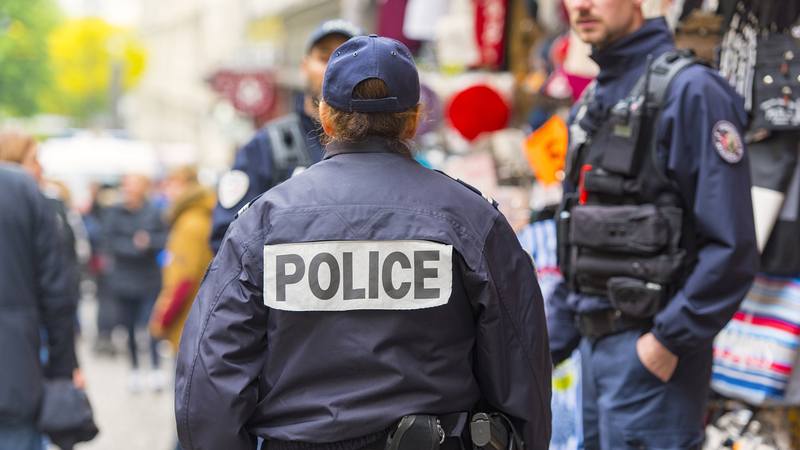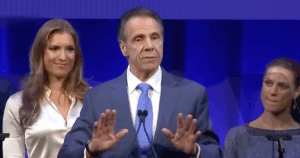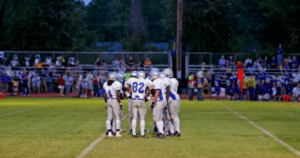It goes without saying that our police should be held accountable when they’re guilty of using excessive force. But, as a law-enforcement veteran myself, I’ve seen far too many people weighing in on the national conversation on police brutality who have no idea what cops deal with on a daily basis. So listen up: If you’re not a police officer, you can’t understand the pressure you feel in the split second when you have to decide whether or not to shoot an unarmed civilian eight times.
Few people can identify with the challenges that police officers confront everyday, let alone comprehend a scenario in which they must shoot multiple rounds at someone whose back is turned to them and poses no immediate threat to their personal safety. There is no type of training that can prepare you for the moment when you encounter an unarmed person and have a split second to react. You can draw your gun and fire it into them eight times, or you can risk letting that person stay alive. In that moment, you only have your gut instinct to rely on.
Critics can talk about what they would do if they were suddenly faced with an unarmed person, but only cops like me know that time moves twice and fast when you’re in that situation, and you’ve often already unloaded five shots into the suspect’s back before you even have time to think. With your heart pounding, instinct kicks in when the unarmed person has fallen to the ground and you’re still firing on them. Sure, you’re taught never to mute your body cam at the academy, but until you’ve worn the uniform and been standing over an unarmed man you’ve just shot to death and want to concoct a false narrative that you had to fire because you were in danger, you just don’t know how you’d react.
Victims of police brutality have every right to speak out against the use of excessive force in their communities, but it’s important to understand that these arguments often come from a place of emotion, not the everyday reality of the job. Until you’ve been forced to choose between emptying an entire clip into the weaponless individual pinned beneath your knee or not doing that, I urge you to consider how difficult that might be before casting judgment on officers who face that choice each day.





